Side effects of smoking – the list you need to read
Are you looking for motivation to quit smoking? We have compiled a list here of the effects of smoking. How smoking affects your body, the side effects of smoking and the increased risk for certain diseases.
When you read through the list of things your body has to deal with, you may think, “There is no end to the misery”.
Though the idea of quitting may be daunting, the simple answer is: if you are thinking about cutting back, you have already taken the first step – the most difficult step.
It is never too late to stop smoking! Your body has an incredible ability to heal itself! Every cigarette you don’t smoke is a victory. 🏆
From head to toe – common questions about the effects of smoking
Different forms of smoking addiction:
- Chemical – nicotine is an addictive substance, and the body experiences withdrawal symptoms when it no longer gets the nicotine it is used to receiving.
- Psychological – the feeling that something is ‘missing’ when you are not smoking. Smoking can become part of your self-identity.
- Social – certain situations become associated with smoking, such as social gatherings or coffee breaks.
- Habit – something you grab with your first cup of coffee, after a mealyou’re your car or when the phone rings.
How does smoking affect hair loss?
Smoking has a negative effect on your circulation. That reduced supply of blood and oxygen can damage your hair follicles, making your hair thinner or even creating hair loss.
How does smoking affect headaches?
Most of us have experienced headaches from time to time. Most of the time they are harmless and clear up on their own. Headaches are often caused by tension, but they can also be caused by smoking. 🤯 When you light up a cigarette, toxic carbon monoxide gas is released as the tobacco burns.
Red blood cells carry oxygen to all of the body’s organs. But carbon monoxide binds to red blood cells more strongly than oxygen does. As a result, the red blood cells carry carbon monoxide around your body instead of oxygen.
Carbon monoxide can cause dizziness, nausea, and headaches.
Why does smoking cause headaches?
Carbon monoxide (toxic gas) is released when the natural flavourings that have been added to cigarette tobacco are burned.
Red blood cells carry oxygen to all of the body’s organs. But carbon monoxide binds to red blood cells more strongly than oxygen does. As a result, the red blood cells carry carbon monoxide around your body instead of oxygen.
Carbon monoxide can cause dizziness, headaches and nausea.
How does smoking affect the eyes?
Smoking can cause visual impairment. You may suffer from cataracts, an eye disease that makes everything look a bit blurry.
Compared to non-smokers, smokers are also more likely to suffer from age-related vision loss. 🙈
When you smoke, your risk of developing cataracts increases, says Hans Gilljam, Professor of Public Health Science at Karolinska Institute. Cataracts blur your vision, and in cases of more serious eye problems, surgery is the only solution. Compared to non-smokers, smokers are at a much greater risk of developing age-related macular degeneration. This can lead to age-related vision loss where smoking is a known trigger.
What effect does smoking have on dental health?
Smoking stains your teeth and can harm your gums – possibly leading to tooth loss.
Early-stage gingivitis (gum disease) can affect both smokers and non-smokers. However, smoking can mask the early warning signs!
Smokers can easily miss the first signs of trouble. Your gums may look healthier than they actually are. Therefore, you may not discover the problem until it gets much worse. 🙊
The warning signs of early-stage gingivitis may be bleeding gums or soreness. Smokers risk missing the early warning signs because they have poorer blood circulation. Smoking can make the gums look better than they actually are, which can mean that gum disease is not discovered until a later stage, when it can be much more difficult to treat.
How is smoking related to sore throat and cough?
Smoking can contribute to sore throat and cough. Smoking irritates the mucus membranes in the throat, which can lead to burning or soreness.
Coughing is actually a defence mechanism your body uses to keep your airways clear. 🤧
A persistent, irritating cough with phlegm (smoker’s cough), may be a symptom of chronic obstructive pulmonary disease (COPD). If you suspect that you may have COPD, you should visit your local healthcare centre to get a definitive diagnosis. They can also help you stop smoking. The important thing is to find out what is causing your cough so you can get the right treatment.
How does smoking affect the lungs?
The effects of smoking are different for everyone, but all smokers suffer some form of damage to their lungs.
The lungs contain millions of small air sacs (alveoli) that can be permanently destroyed when you smoke. Smoking also introduces tar into your lungs. This makes it harder for your lungs to transport oxygen and to ensure that you can breathe properly.
Smoking makes it harder for your lungs to absorb oxygen. Your lungs are home to hundreds of millions of air sacs; these are destroyed when you smoke and unfortunately do not grow back. Smoking introduces both tar and carbon monoxide into the lungs, which further blocks the transport of oxygen in the body. Smoking affects everyone differently, but the much of the damage that it causes is permanent. The rapid deterioration you experience when you smoke can recover to a normal ageing process after you quit. The risk of suffering from serious respiratory ailments also can decrease after you quit.
How does smoking affect the digestive system?
Does smoking cause stomach pain? Yes, smoking can cause your intestinal movements (peristalsis) to deteriorate which makes your digestive system work harder, leading to stress and “nervous stomach”.
Smokers also run the risk of developing stomach ulcers since smoking affects the immune system. Smoking will also make it harder for the ulcers to heal.
Common symptoms associated with smoking are upper abdominal pain, feeling full very quickly when eating and nausea.
How does smoking affect metabolism?
Smoking increases your metabolism and can decrease your appetite.
This might make you worried that you will gain weight when you stop smoking. But some studies show this relationship is a bit more complex – many long-term smokers actually gain weight over time. This is because the body grows accustomed to cigarette toxins, so it simply becomes less sensitive.
How does smoking affect the heart and the risk of heart attack?
Smoking makes it more difficult for your heart to do its job.
Why? Tobacco smoke contains particles that, when inhaled, make it difficult for the body to absorb oxygen. This in turn puts pressure on the heart, which has to pump harder to get blood throughout the body.
Tobacco smoke contains a host of harmful substances, including carbon monoxide, which blocks the red blood cells and reduces the body’s ability to absorb oxygen. This makes it harder for your heart to pump blood around your body. In his dissertation, senior physician and heart specialist Morten Grundtvig writes that, on average, women who smoke have their first heart attack 14 years earlier than non-smokers.
How does smoking affect cardiovascular disease?
Cardiovascular disease is the most common cause of death among smokers. The risk of suffering from a heart attack before the age of 40 is five times higher for smokers than non-smokers. Five times!
Smoking impairs the function of your blood vessels and the risk of developing blood clots increases. Compared to non-smokers, you have double the risk of suffering from heart disease, atherosclerosis and stroke. Smoking causes plaque and fat deposits to develop inside the blood vessels. This increases the risk of heart attack. Several studies have also shown that tobacco smoking causes inflammation in blood vessel walls. This has a significant connection to plaque formation and calcification of the vessels. Smokers also have a greater risk of suffering from arteriosclerosis in the aorta, which can cause major complications due to reduced blood flow throughout the body, especially the legs.
How does smoking affect blood pressure?
Nicotine effects stress hormones in the body. This in turn impacts your heart rate and blood pressure.
When you smoke a cigarette, your blood pressure rises in just a few minutes, especially the first cigarette of the day. The trouble with high blood pressure is that increases the risk of heart attack.
High blood pressure increases the risk of stroke as well as heart attack, heart failure, kidney disease, dementia and poor blood circulation in the legs. High blood pressure deteriorates the heart’s pumping capacity. The only way to know if you have high blood pressure is to measure it. The symptoms can be so mild and general that you may attribute them to something else, such as a mild headache or fatigue.
How does smoking affect blood circulation?
Smoking reduces the blood circulation in your body.
Poor circulation means your body won’t have the energy (oxygen) it needs, so it will take your body longer to recover from sickness or exercise.. There is also a greater burden placed on the heart, forcing it to beat faster.
The blood transports oxygen and nutrients to all the body’s organs. Good circulation allows your cells, muscles and inner organs to work at their best. The blood also carries away lactic acid and waste products, which gives your muscles a chance to recover. Good blood circulation allows your body to reduce inflammation. Smoking interferes with these essential bodily functions. Less oxygen is transported out to the organs that need it, and the pressure in the blood increases as it is pumped around the body, which can raise your blood pressure. Your heart is strained as it is forced to beat faster. Your blood becomes more viscous, the arterial linings are damaged and blood flow to your extremities is reduced.
Smoking-related diseases
Smokers are at greater risk of suffering from a variety of illnesses. Some of them are very serious, even life threatening
Every puff you take releases thousands of toxic particles and gases. Once inhaled, these are then transported from the lungs throughout the body via the blood, where they break down the body’s defences.
Which diseases are associated with smoking?
Cardiovascular diseases are the most common smoking-related diseases. Lung cancer is the next most common. Numerous other cancer risks increase. Smoking can also lead to ulcers, visual impairment, osteoporosis and gum disease (periodontitis).
How does smoking affect your body’s ability to fight infection?
Smoking has a significant impact on the immune system and seriously weakens your body’s ability to fight off both mild colds and serious infections.
How does smoking affect conditioning and strength training?
Oxygen is essential for physical exertion. Smokers have poor circulation and a harder time breathing so it will be more difficult to keep up your energy for a longer workout or to increase intensity.
Regardless of what your exercise routine looks like, you won’t get the maximum benefit. Your body simply can’t perform at its best.
How does smoking affect nausea?
From the very first time you smoke, you may feel the your body’s negative reactions. Not just the signature cough, but nausea as well.
Toxic substances in the tobacco smoke can make you feel dizzy and nauseous.
How does smoking affect fatigue?
Does it feel like you just closed your eyes when the alarm wakes you up in the morning? 🥱 Smoking may be the cause. Smoking has a negative impact on your quality of sleep. This can lead to waking frequently during the night. You also have a harder time falling asleep and your deep, restorative REM sleep, is reduced. As a result, your brain and body don’t get the rest they need to make you feel replenished. You will likely feel more tired than you should during the day.
How does smoking affect one’s psychological health?
Can smoking cause mental illness?
There are studies showing that smokers have a greater risk of suffering from depression than non-smokers. But it is not known what it is in cigarettes that has this effect.
The good news is that there is clear evidence that depression and stress decrease once you quit smoking.
Consequences of smoking:
- 15X higher risk of lung cancer
- 10X higher risk of developing COPD
- 10X higher risk of developing oesophageal cancer
- 5X higher risk of heart attack before the age of 50
- 3X higher risk of heart attack after the age of 50
- 3X higher risk of stroke
- 3X higher risk of bladder cancer
- Significant increase in poor oral health
- Difficulty sleeping and exercising
- Increased likelihood of hair thinning or loss
- Increased risk of health issues for people around you when you smoke

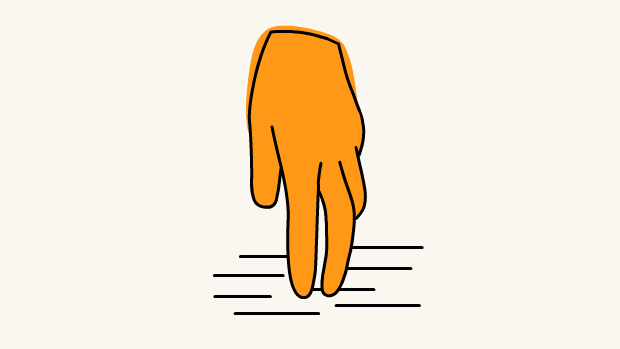
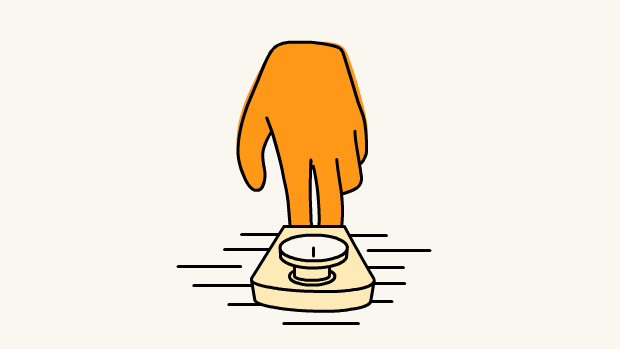



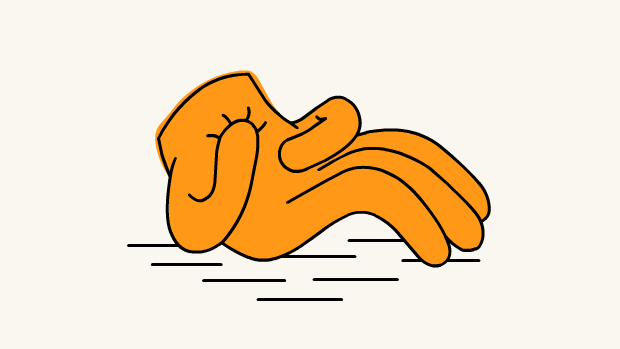
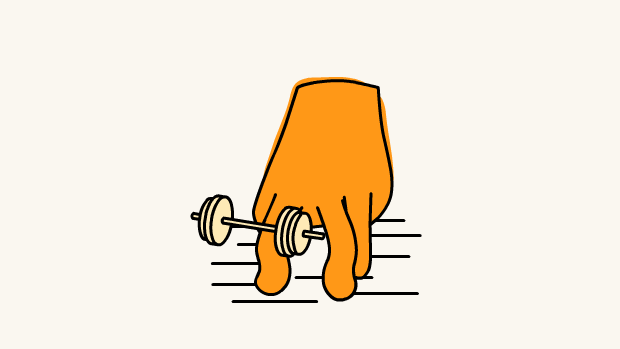

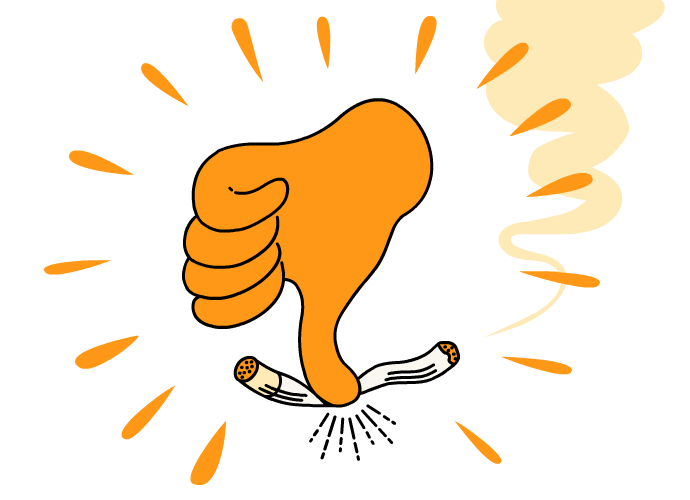
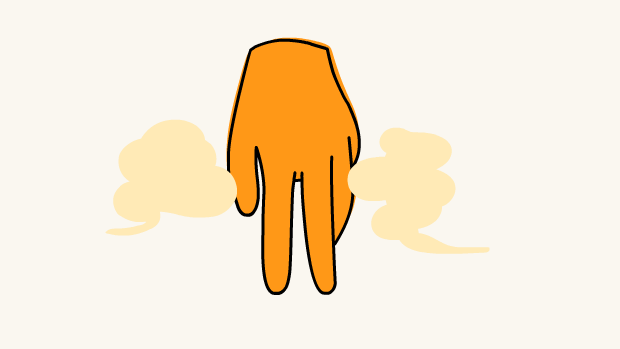

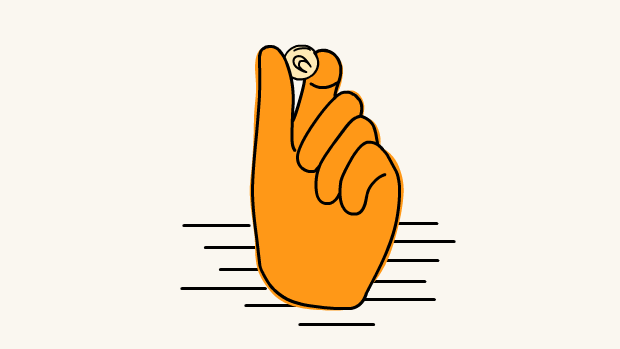

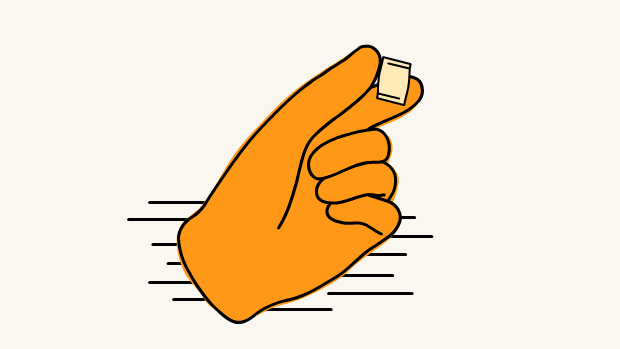
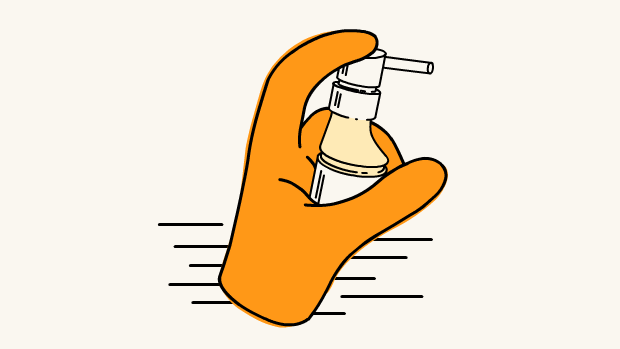
 Apohem
Apohem  Apotea
Apotea  Apotek hjärtat
Apotek hjärtat  Apoteket
Apoteket  Apoteksgruppen
Apoteksgruppen  Kronans apotek
Kronans apotek  Doz apotek
Doz apotek  Meds
Meds